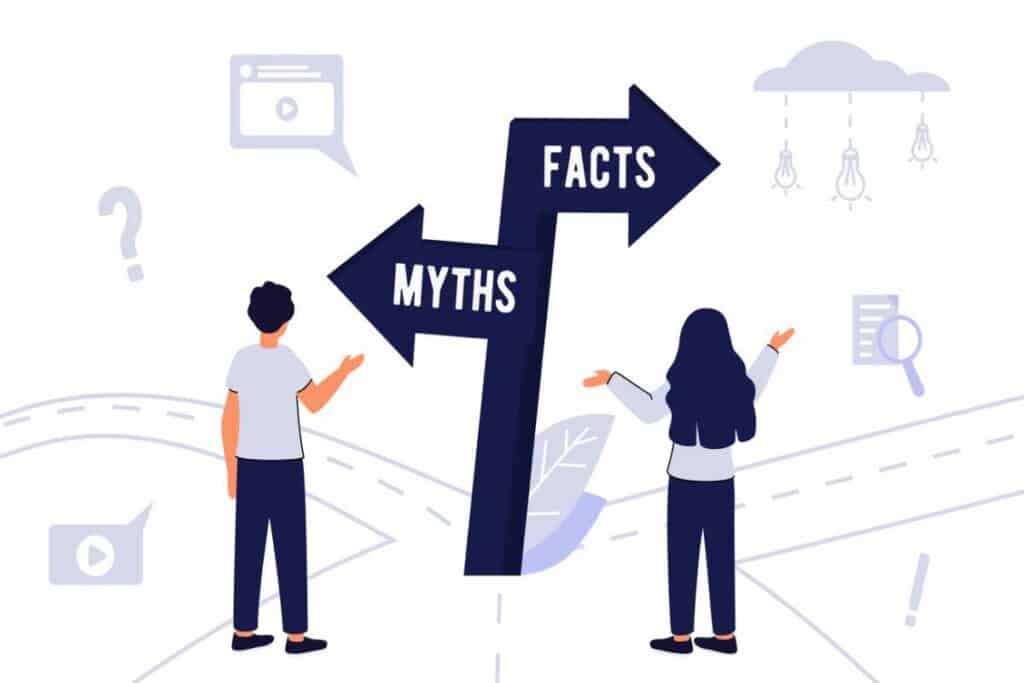You’re at the movies, popcorn in hand, sitting on the edge of your seat, body tense with anticipation. It’s that part of the movie when all will be revealed. Decedent’s beneficiaries are all gathered around the long mahogany table, anxiously waiting to find out what they will inherit. The Florida probate lawyer walks into the room exuding confidence and authority. “May I have your attention, please,” she says, “I would now like to read the Will.”
Gasp! Here it is! At last, the reading of the Will!
Who will get the mansion? Who will get all the money? Will the sinister second wife get her scheming hands on it all? Or will it all go to decedent’s lovely and most deserving but impoverished cousin?
The Florida probate lawyer pulls off the red ribbon from the rolled-up velum and is just about to read the Will when…
Wait a minute!
There is no “reading of the Will.”
This is just one of 2 misconceptions you may have about probate administration in Florida.
Probate Administration in Florida
Probate administration in Florida is the legal process of distributing a decedent’s property to his heirs and beneficiaries.
The Florida probate court supervises the administration of a Florida probate estate. Thus, probate administration in Florida starts with filing a petition with the probate court.
There are two main types of probate administration in Florida that apply to most estates. (There is a third, “Disposition Without Administration,” but this is used only in situations where the estate is very small and someone is seeking reimbursement for payment of the decedent’s final expenses, such as funeral costs.) These are:
Each of these types of probate administration has its own requirements regarding the value of the probate estate and when the decedent died.
As its name implies, formal administration is more formal and generally more costly than summary administration. It can also take longer. However, formal administration is the type of probate administration in Florida that applies to most estates. Formal administration requires the assistance of a Florida probate lawyer.
Summary administration is less costly, less formal, and can take less time to complete. However, this type of probate administration in Florida applies only when the decedent has been dead for more than two years or if the probate estate’s assets are less than $75,000.
In a Florida probate administration, whether it is a formal administration or a summary procedure, all of a decedent’s assets must be marshalled by the personal representative (or “executor”). In Florida, the personal representative is the person appointed either by the court or in a decedent’s Will (“Last Will and Testament”) to administer the estate. Once all assets have been gathered, the personal representative must use those assets to pay off any debts and all taxes before distributing the remaining assets to the decedent’s beneficiaries in accordance with the terms of his or her Will.
If there is no Will or trust in place to dispose of a decedent’s assets, after the payment of all debts and taxes, the probate assets will be distributed according to Florida’s intestacy statute.
Because probate administration is complex, Florida requires personal representatives to hire a Florida probate attorney to assist them in performing their duties. Even if the law did not require this, consulting with a Florida probate lawyer near you is always a good idea.
2 Misconceptions You May Have About Probate Administration in Florida
Having just outlined how probate administration really works in Florida, let’s take a look at two common misconceptions people have about Florida probate administration.
-
The Reading of the Will
Our first misconception (and its origin) was touched upon above. Many people think that someone—generally the decedent’s probate attorney—is supposed to read out the Will to the beneficiaries as part of the probate process. This simply isn’t the case. Unfortunately, many individuals are disappointed when they learn that there is no reading of the Will.
We’re pretty sure this idea came from the movies since it is often portrayed in old movies. The truth is, however, that there is no legal requirement in Florida (or in any other state that we could find) requiring that a Will be read out to the beneficiaries.
Instead, as a beneficiary under the terms of a Will, you are entitled to your own copy of the Will.
Also, once a Will is filed with the probate court, it becomes a matter of public record. So, if you want to, you can go to the courthouse and get a copy of the Will.
In fact, because Wills become a matter of public record (one reason why we prefer trusts), you can get a copy of anyone’s Will down at the courthouse. Then you can read it out loud to as many people sitting around a mahogany table as you wish.
-
Probate in Florida must be conducted shortly after death
The other misconception about probate in Florida that many people have is that there is a specific timeframe for initiating probate after a decedent’s death.
We’ve heard any number of deadlines—including that you must wait for one year before commencing probate.
Not so.
You do, of course, have to wait for the decedent to die. But after that, there is no specific timeframe for commencing probate administration in Florida. Probate administration in Florida can be conducted 1 month after decedent’s death or 20 years after—it does not matter.
Understanding probate in Florida isn’t easy. That’s why you should always consult with an experienced Florida probate attorney near you if you have any questions or need guidance in this area of law.
Helping to Keep Probate Administration Real in Florida.
At the SJF Law Group, you get more than just an estate plan: you get peace of mind. We work hard to ensure that your wishes will be followed and your loved ones taken care of when you are gone. Connect with us on Facebook or Instagram or email us at: info@estateandprobatelawyer.com today.


